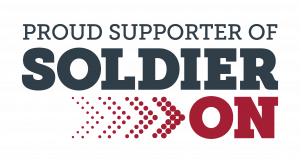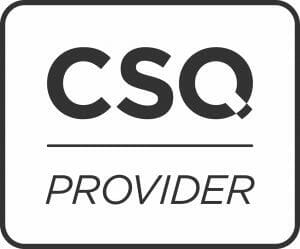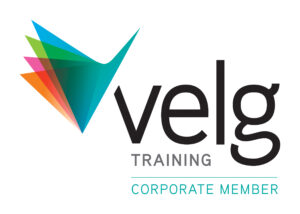Choosing a career in warehouse work is an excellent idea for several reasons. Besides the numerous growth opportunities, warehouse work is flexible and has achievable job requirements.
Since the onset of the COVID-19 global pandemic, it’s evident that the warehouse sector is critical to economic bounce back and growth. Most economic activities rely on warehousing to store and distribute products and raw materials.
Surprisingly, there’s a wide range of jobs available. Let’s see what opportunities there are and what skills and licenses are essential.
What is involved in a career in warehousing?
When employed in a warehouse, most tasks revolve around receiving goods and processing them for shipping.
Your day-to-day activities can vary depending on the size of the business – larger organisations often have a person assigned to a specific task, whilst in smaller workplaces, you may be handling multiple tasks such as:
- Unloading and receiving goods
- Processing requests and orders
- Preparing parcels and packages
- Managing inventory and recording data
Examples of Warehouse Jobs
Distribution Centre Manager
A distribution centre manager is responsible for inventory management, receiving, and shipping products. They also develop and implement long-term business goals, budget, and oversee projects.
Inventory Control Manager
Inventory control managers are in charge of all inventory processes and procedures. They also plan the budget and manage staff.
Warehouse Manager
Warehouse managers supervise receiving, storing, dispatching processes and look after inventory. They also manage the staff and ensure the implementation of warehouse best practices, safety procedures, and equipment maintenance.
Forklift Operator
Forklift operators work with warehouse equipment such as forklifts to store, move or distribute goods. The job is focused around safely and efficiently handling goods and operating heavy equipment.
Becoming a forklift operator is often the way many people begin their warehousing career. In order to get a job as a forklift driver, you’ll need to do a forklift driver course to comply with the local and state laws.
What Skills Do You Need to Work in a Warehouse?
Most employers look for specific skills in warehouse jobs. People who are able to work independently, are self-motivated, reliable and can think on their feet are often top of the list.
Warehouse work calls for good attention to detail since the accuracy of information is vital to smooth operations. Most tasks require physical fitness and speed to succeed, without sacrificing safety or putting your workmates at risk. This is why being adequately trained is a must: completing a forklift training course is a good way to show that you’re keen, knowledgeable and most importantly, can act safely.
Other qualifications can vary depending on the specific role. For entry-level jobs, you can break into a warehouse career through a traineeship or by applying for positions in your local area. Operating equipment like forklifts requires you to go through a safety training course and get your forklift license.
More advanced warehouse positions such as logistics, inventory or management often require a degree or in operations or supply chain management and plenty of experience in the industry.
Some valuable licenses include:
- Forklift License
A forklift license is an essential asset in warehousing. It’s a requirement for most positions as it equips you with the right skills and knowledge to prevent hazards, safely operate a forklift, secure sights, manage shifting loads, and shut down equipment.
- Working at Heights
This course trains you to work in high positions off the ground safely.
- EWP
The EWP license legally permits you to work on elevated platforms such as scissor lifts.
- First Aid Certificate
This certificate demonstrates to employers that you have the proper knowledge to prevent and handle incidences in the workplace.
Conclusion
A career in warehousing is a great way to build a successful career quickly. The jobs can be demanding, so your success depends on you understanding what is required and completing the work in a safe and efficient way.
Having the proper certifications and licenses makes you suitable for most warehousing positions. It’s easier to grow and advance your career and earn additional income. Why not start by signing up for a forklift driver course?




